From July 26 to 27, the First Greater Bay Area AI Smart Drug Seminar—AI Empowering New Drug R&D Technology Exchange Meetingwas held at Shenzhen University of Advanced Technology.
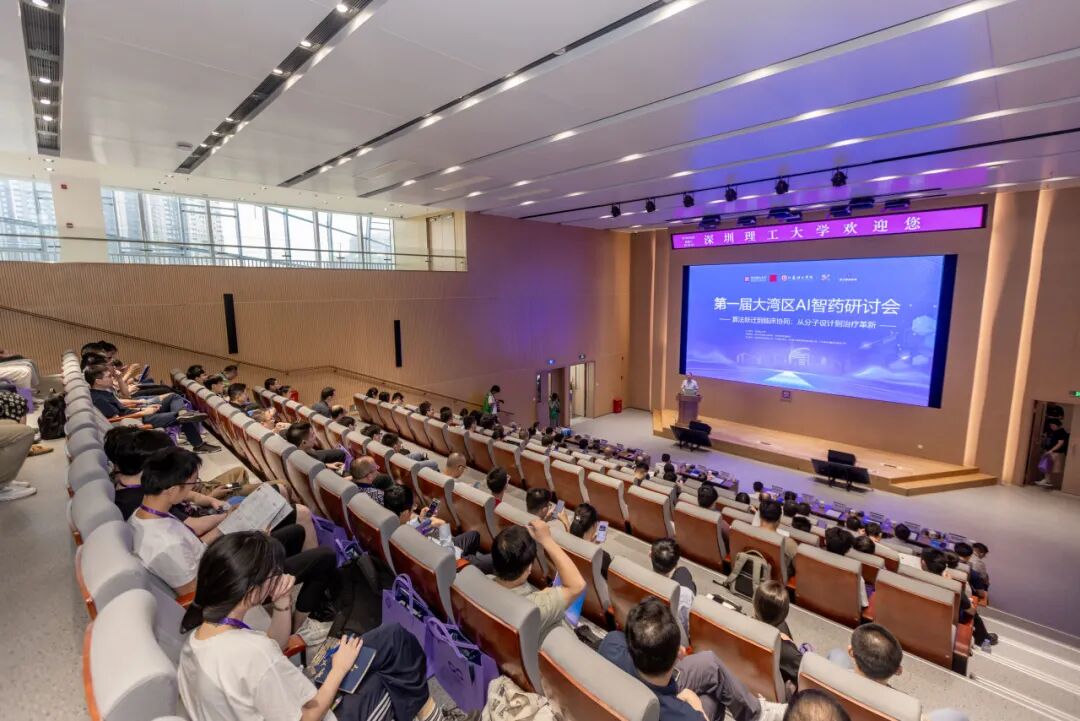
This seminar with the theme"Algorithm Leap to Clinical Collaboration:From Molecular Design to Therapeutic Innovation", attracted people from government, academia, industry, and other sectors to gather, engaging in in-depth discussions on the frontier progress and future directions of artificial intelligence in drug R&D, injecting new momentum into building an internationally influential"AI + Drugs" innovation highlandin the Greater Bay Area.
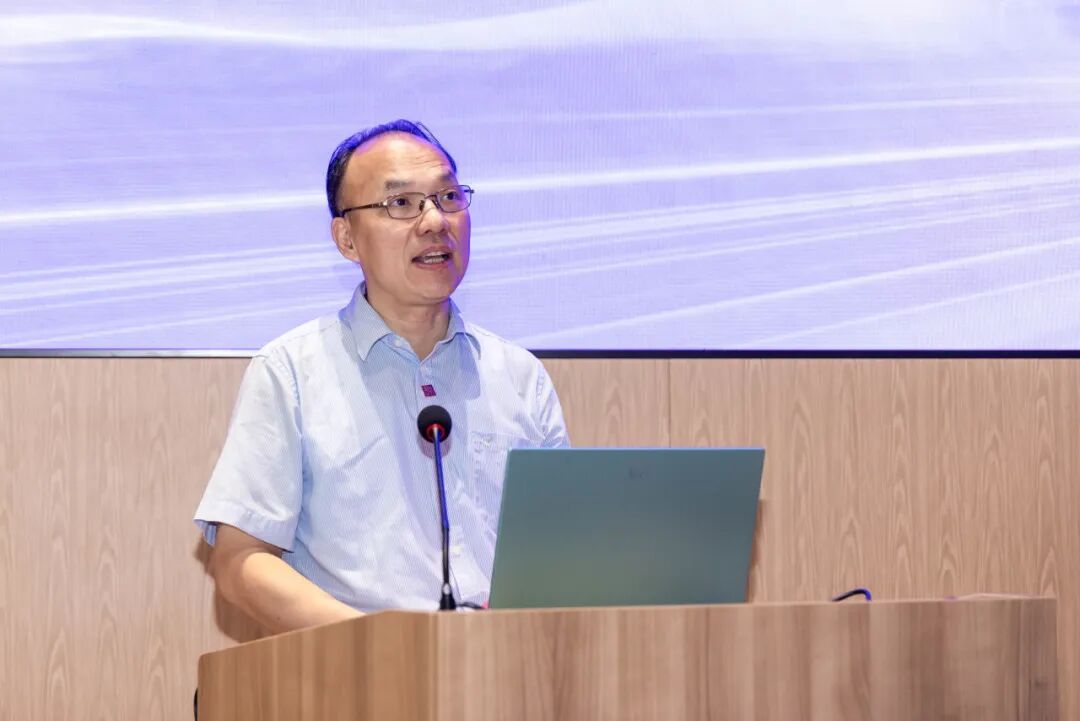
Zhu Dijian, Party Secretary of Shenzhen University of Advanced Technology
Zhu Dijian, Party Secretary of Shenzhen University of Advanced Technology, emphasized that the AI-driven biopharmaceutical revolution is reshaping the industry landscape. Shenzhen University of Advanced Technology has always adhered to theresearch philosophy of"reaching for the stars and staying grounded", on one hand climbing peaks in basic research such as gene editing and protein analysis, on the other hand closely aligning with industry needs to build an innovation chain from gene sequencing to intelligent diagnosis and treatment. At the same time, the university cultivates "amphibious talents" through the"Life +" interdisciplinary plan, assisting in the leap from "computational models" to "therapeutic practices."
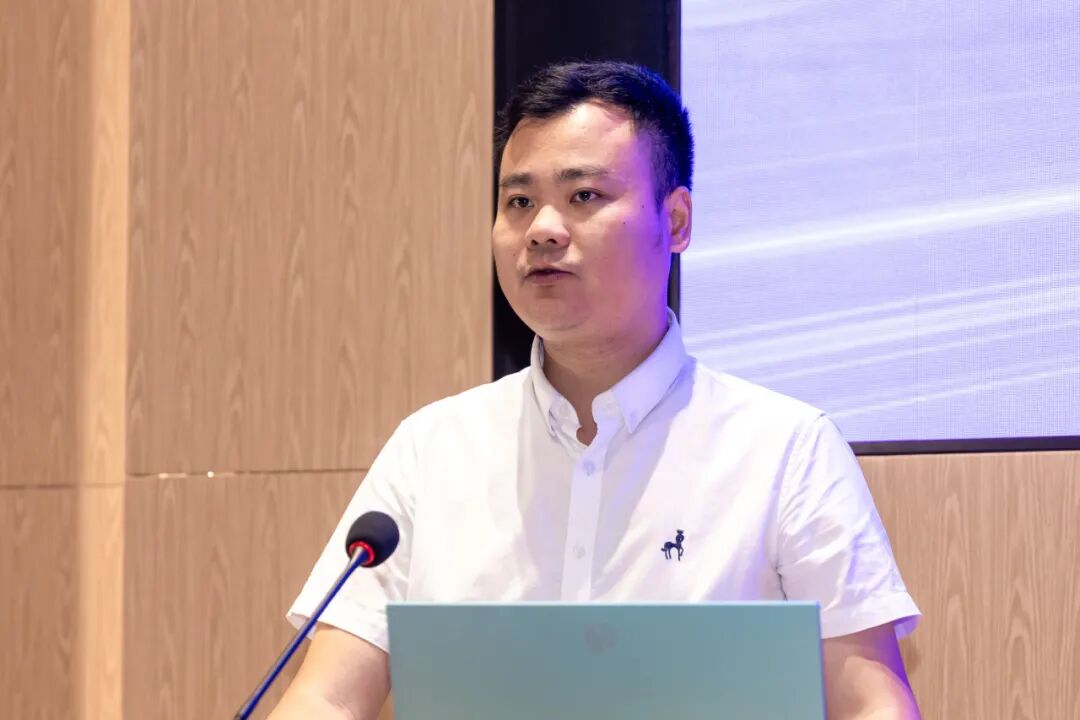
Zhong Zuoli, Deputy Director of the Industry and Information Technology Bureau of Guangming District
Zhong Zuoli, Deputy Director of the Industry and Information Technology Bureau of Guangming District, stated that Guangming District is fully building a full-process innovation ecological chain of"basic research + technology tackling + achievement industrialization + science and technology finance + talent support", with over 5 million square meters of biopharmaceutical professional parks planned in the district, through policies such as"industry upstairs" and "specialized, refined, differential, and innovative cultivation", promoting the deep integration of AI and the pharmaceutical industry. As the core carrier area for a comprehensive national science center, Guangming Districtdrives with the dual wheels of "device clusters + industry clusters", providing full-cycle guarantees from large scientific devices to professional carriers for the AI smart drug field. Wang Xingli, Co-President of Fosun Pharma, addressed online, affirming the transformative value of AI technology for new drug R&D, expressing the enterprise's positive willingness to participate in building the Greater Bay Area "AI + Drugs" ecosystem, and looking forward to deepening cooperation with industry, academia, and research circles to promote the landing and transformation of technological achievements.
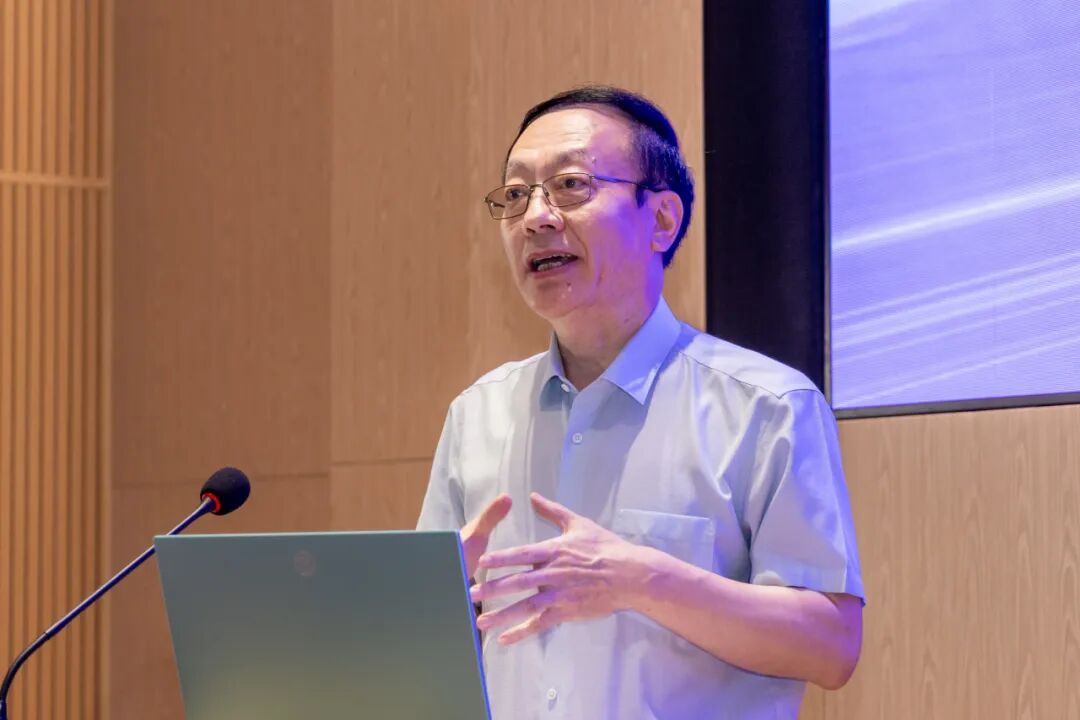
Chen Youhai, Dean of the Faculty of Pharmaceutical Sciences at Shenzhen University of Advanced Technology
Chen Youhai, Dean of the Faculty of Pharmaceutical Sciences at Shenzhen University of Advanced Technology, pointed out that artificial intelligence is the "golden key" to upgrading the paradigm of new drug R&D. The"AI Small Molecule Revolution" and "AI Large Molecule Leap"focused on by this seminar cover the entire field from quantum computing accelerated screening to precise CAR-T R&D, with the purpose of breaking through the full-chain innovation ecosystem of"basic research—engineering technology—clinical validation—industrial application". He particularly mentioned Shenzhen University of Advanced Technology's "butterfly model" and "upstairs downstairs" innovation and entrepreneurship complex, believing that this model integrates scientific exploration, industry needs, and financial capital, providing "full lifecycle acceleration" for AI pharmaceutical achievement transformation.
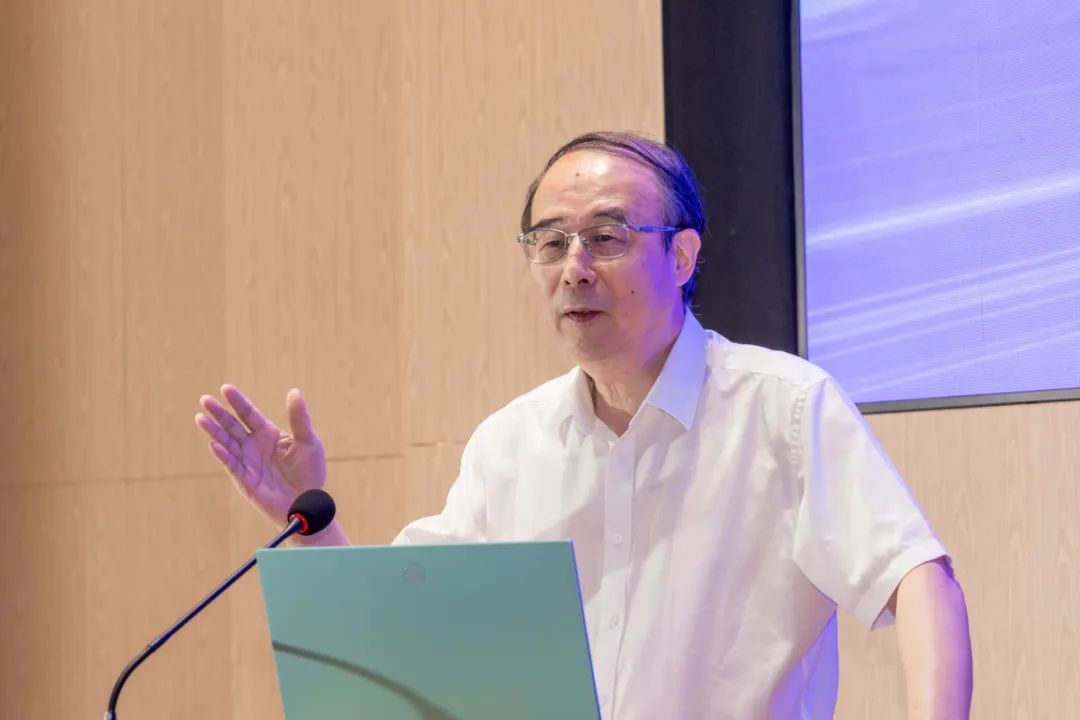
Shenzhen University of Advanced Technology
Pan Yi, Dean of the Faculty of Computer Science and Control Engineering
Dean Pan Yi of the Faculty of Computer Science and Control Engineering explained from a technical underlying perspective the"three major reconstructions"of AI for drug R&D: In computational paradigms,shifting from "trial-and-error" to "first principles + data-driven"; in the innovation chain, building a closed loop of"algorithm R&D—wet lab validation—clinical needs"; in talent cultivation, nurturing composite teams with capabilities in both life sciences and intelligent algorithms. He emphasized that the Greater Bay Area's ecological advantages in computing power support, digital twin platforms, and other aspects provide unique development soil for this reconstruction.
At the opening ceremony, all parties unanimously emphasized the core value of artificial intelligence technology in promoting paradigm changes in drug R&D, as well as the layout and mission of Shenzhen University of Advanced Technology in the"AI + Biomedicine" interdisciplinary field. Chen Youhai stated: “To break through the dilemma of high investment, long cycles, and low success rates in traditional drug R&D,interdisciplinary collaborative innovationis needed.” And Shenzhen University of Advanced Technology has always been committed to breaking down barriers between basic research and industrial applications,andthis seminar is an important practice in building an "industry-academia-research-application" integrated ecosystem.
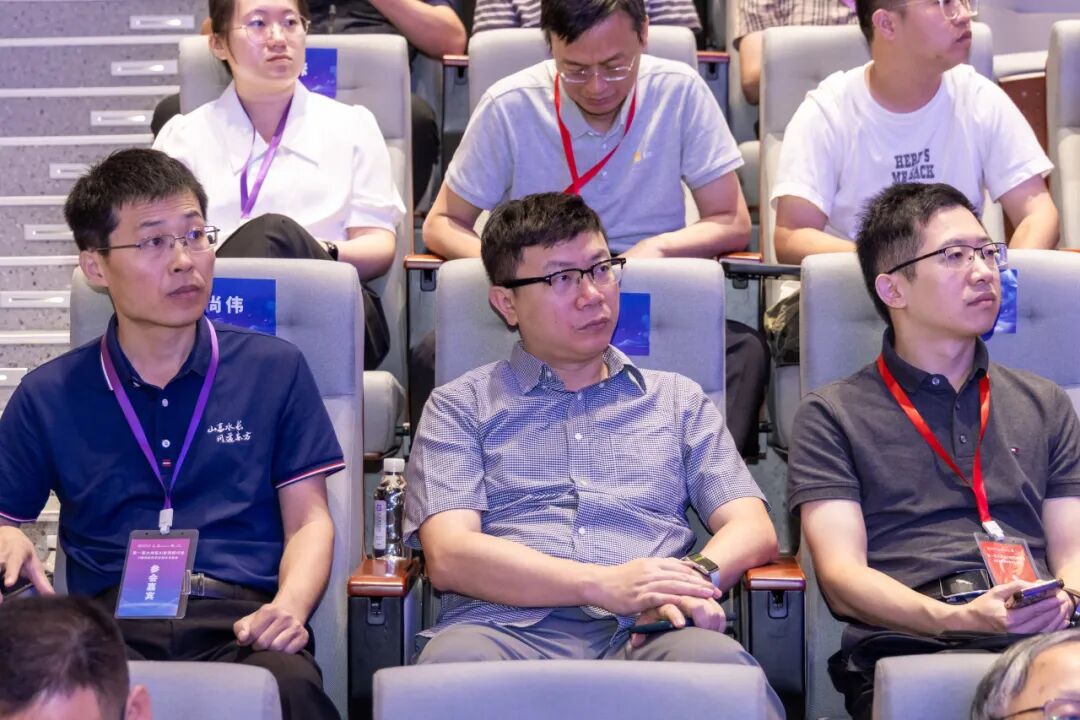
The two-day seminar set up discussion directions at two technical levels: small molecules and large molecules, comprehensively covering typical applications and industrial cases ofAI in small molecule screening optimization, biological synthesis path prediction, protein and antibody drug design, CAR-T and vaccine R&D, and digital twinsand other emerging technologies. Over 30 experts and scholars from research institutions such asZhejiang University, Shanghai Jiao Tong University, Sun Yat-sen University, Shenzhen Bay Laboratory, as well as representatives from enterprises likeFosun Pharma, shared the latest research results and industrial practice cases.
This seminar, through various forms such as expert reports and poster displays, comprehensively covered typical applications ofAI in small molecule screening, protein design, vaccine R&D, digital twinsand other emerging technologies, not only building a platform for deep dialogue between the research and industrial communities but also promoting the standardization and systematization of the AI pharmaceutical field.
Shenzhen University of Advanced Technology will take this seminar as an opportunity to continuously promoteinterdisciplinary cross-research,deepen collaborative cooperation with government and enterprises, assist the Greater Bay Area in integrating full-chain innovation resources of"basic research—engineering technology—clinical validation—industrial application", and provide a "Greater Bay Area solution" for building China's AI pharmaceutical ecosystem. In the future, Shenzhen University of Advanced Technology will further focus on the"AI + Biomedicine"field, bybuilding more high-level exchange platforms and advancing deep integration of industry-academia-research-application, contributing to solving drug R&D difficulties and enhancing the international competitiveness of China's biopharmaceutical industry.
This seminar was guided by the Industry and Information Technology Bureau of Guangming District and the Science and Technology Innovation Bureau of Guangming District, hosted by Shenzhen University of Advanced Technology, and co-organized by Jiangsu University of Technology, Shenzhen Hierarchical Intelligent Biotechnology Co., Ltd, and Guangdong Yuxian Chuanzhan Investment Co., Ltd. The opening ceremony of the meeting was hosted by Zhang Peng, Director of the Research and Industry Office and Specially Appointed Professor of the Faculty of Biomedical Engineering.